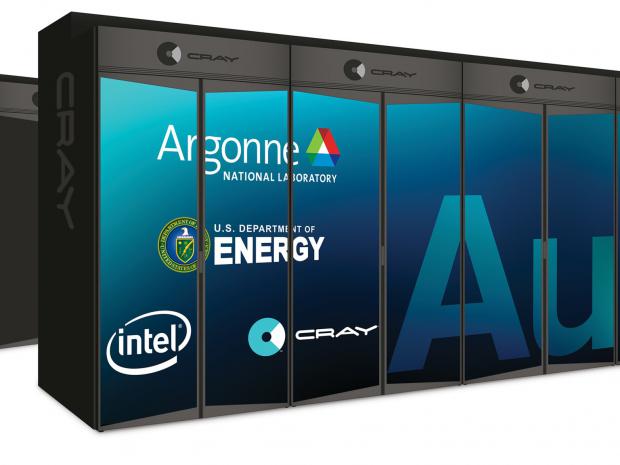
Breaking News
 Is Yen Carry Trade's unwind about to trigger a repo market meltdown? Let's dive into the mec
Is Yen Carry Trade's unwind about to trigger a repo market meltdown? Let's dive into the mec
 Chairman Rand Paul Releases New Report Revealing Hundreds of Billions...
Chairman Rand Paul Releases New Report Revealing Hundreds of Billions...
 Get Schiffty Music Video | Rick and Morty | Adult Swim
Get Schiffty Music Video | Rick and Morty | Adult Swim
Top Tech News
 This tiny dev board is packed with features for ambitious makers
This tiny dev board is packed with features for ambitious makers
 Scientists Discover Gel to Regrow Tooth Enamel
Scientists Discover Gel to Regrow Tooth Enamel
 Vitamin C and Dandelion Root Killing Cancer Cells -- as Former CDC Director Calls for COVID-19...
Vitamin C and Dandelion Root Killing Cancer Cells -- as Former CDC Director Calls for COVID-19...
 Galactic Brain: US firm plans space-based data centers, power grid to challenge China
Galactic Brain: US firm plans space-based data centers, power grid to challenge China
 A microbial cleanup for glyphosate just earned a patent. Here's why that matters
A microbial cleanup for glyphosate just earned a patent. Here's why that matters
 Japan Breaks Internet Speed Record with 5 Million Times Faster Data Transfer
Japan Breaks Internet Speed Record with 5 Million Times Faster Data Transfer
 Advanced Propulsion Resources Part 1 of 2
Advanced Propulsion Resources Part 1 of 2
 PulsarFusion a forward-thinking UK aerospace company, is pushing the boundaries of space travel...
PulsarFusion a forward-thinking UK aerospace company, is pushing the boundaries of space travel...
 Dinky little laser box throws big-screen entertainment from inches away
Dinky little laser box throws big-screen entertainment from inches away
 'World's first' sodium-ion flashlight shines bright even at -40 ºF
'World's first' sodium-ion flashlight shines bright even at -40 ºF
Intel and the Department of Energy are building America's first exascale supercomputer,

Intel said on Monday that it would build the US's most powerful supercomputer, so fast that it could process 1 quintillion — 1 billion times 1 billion, or 1,000,000,000,000,000,000 — calculations per second.
To put that in perspective: If every person on Earth did one calculation (say, a math problem involving algebra) per second, it would take everyone over four years to do all the calculations Aurora could do in one second.
Intel and the US Department of Energy said Aurora would be the US's first exascale supercomputer, with a performance of 1 exaflop, when it's completed in 2021.
That kind of number-crunching brawn, the computer's creators hope, will enable great leaps in everything from cancer research to renewable-energy development.
Aurora, set to be developed by Intel and its subcontractor Cray at the Energy Department's Argonne National Laboratory in Chicago, would far surpass the abilities of supercomputers today. It's likely to be the most powerful supercomputer in not just the US but the world, though Rick Stevens, an associate laboratory director at Argonne, said that other countries might also be working on exascale supercomputers.

Rajeeb Hazra, a corporate vice president and general manager at Intel.
The effort marks a "transformational" moment in the evolution of high-performance computing, Rajeeb Hazra, an Intel corporate vice president and general manager of its enterprise and government group, told Business Insider.



